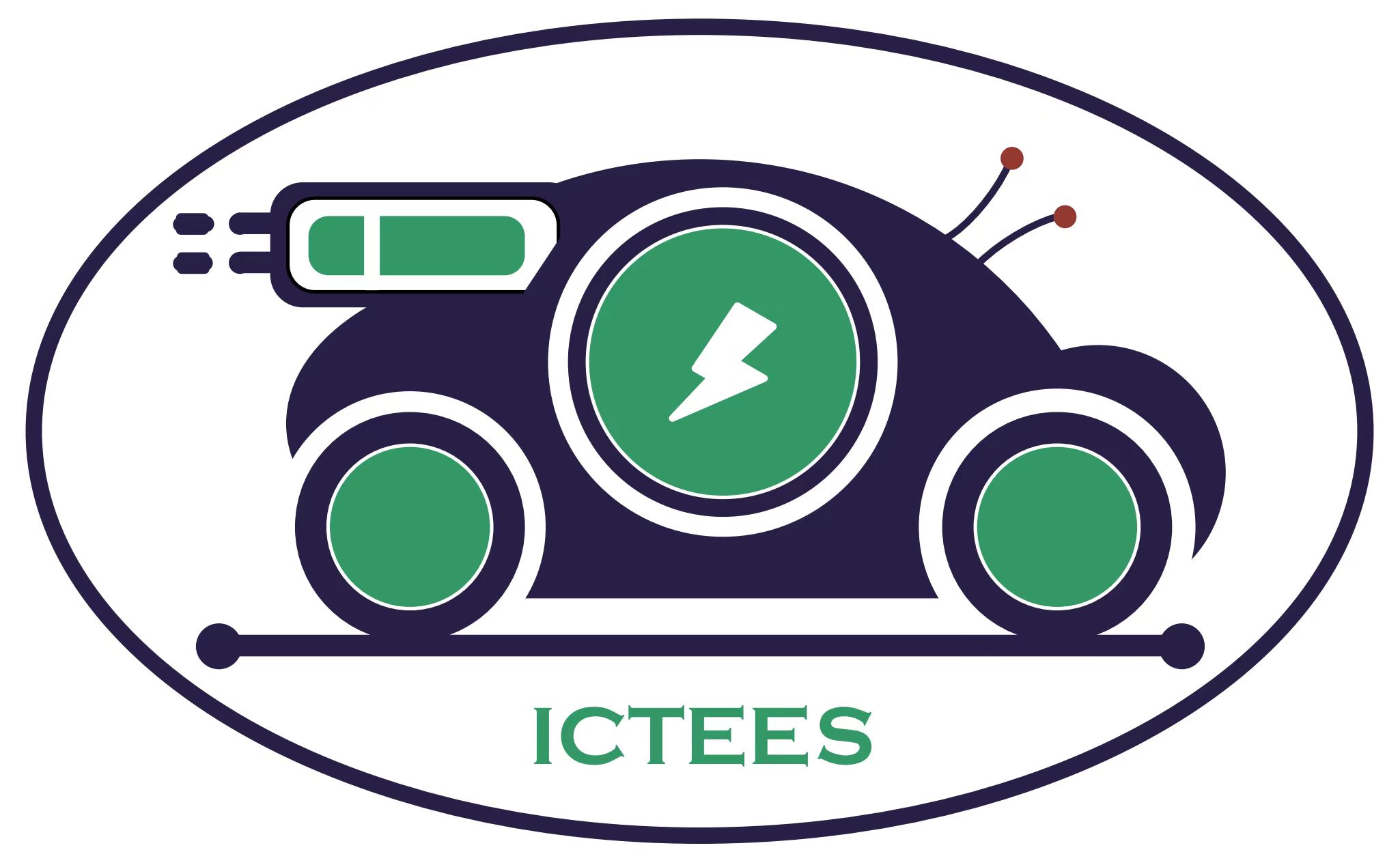
Please download the CFP flyer here.(Click)
As the global transport sector transitions towards low-carbon, high-efficiency electrification, the integration of power conversion, propulsion, actuation, and smart energy systems across on-road, off-road, rail, marine, aerospace, and defense vehicles is crucial. Additionally, advancements in component design, subsystem optimization, and scalable manufacturing will be critical for accelerating widespread adoption and cost-effective deployment of these technologies.
We invite high-quality research papers, case studies, and technical innovations on the following topics, but not limited to:
|
Transport Electrification & Propulsion |
Energy Storage Technologies & Systems |
|
Hybrid electric vehicles (HEVs), plug-in hybrid electric vehicles (PHEVs), electric vehicles (EVs), and range-extended EVs |
Electrochemical, chemical, mechanical, electrical, and thermal energy storage technologies |
|
Electrification of heavy-duty, off-road, and defense vehicles |
Battery management systems (BMS), state-of-health (SoH), and state-of-charge (SoC) optimization |
|
Powertrain electrification for trains, rail, marine, aerospace, and space applications |
Next-generation batteries: lithium-ion, solid-state, sodium-ion, and hybrid chemistries |
|
Advanced vehicular power electronics, traction inverters, and motor drives |
Fuel cells and hybrid storage applications in transportation |
|
AI-driven control of propulsion and vehicle energy management |
Energy storage for grid-scale applications, off-grid systems, and portable electronics |
|
High-efficiency traction motors and their manufacturing techniques dings and smart grids |
Multi-purpose storage integration with buildings and smart grids |
|
Component reliability, thermal management, and packaging for power electronics |
Recycling, reuse, and second-life applications of batteries |
|
Charging Infrastructure, Grid Integration & Connectivity |
Sustainability, Manufacturing & Policy Frameworks |
|
On-board and off-board charging, fast charging, and opportunity charging |
Environmental impact assessment and emissions reduction strategies |
|
Inductive and dynamic wireless charging in roadways |
Standardization of transport electrification and grid interface protocols |
|
Vehicle-to-grid (V2G), vehicle-to-home (V2H), and vehicle-to-infrastructure (V2I) technologies |
Source-to-wheel (STW) energy analysis and life cycle assessment |
|
Smart charging, demand response, and grid flexibility solutions |
Government policies, incentives, and market trends in EV adoption |
|
Cybersecurity and data-driven energy management in transport and flexible power plants |
Interoperability of energy storage with renewables and flexible power plants |
|
Large-scale distributed storage management and energy dispatch |
Lessons learned from real-world EV and grid integration pilot projects |
|
Advanced manufacturing technologies for batteries, power electronics, and electric drivetrains |
Supply chain challenges and opportunities for sustainable electrification |
